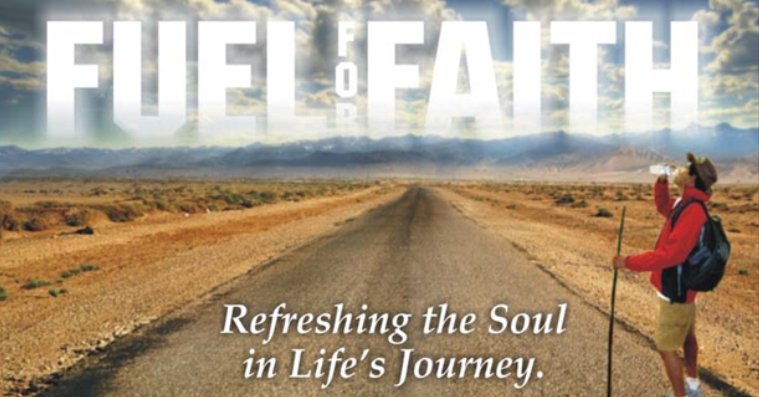
“The key to everything is patience. You get a chicken by hatching the egg, not by smashing it” says Arnold H. Glasgow. Technically the egg has all the elements that are needed to get a chicken out of it, however the results of hatching the egg and smashing the egg is very different. While we end up with a chicken when we hatch, we may not even end up with an omelet when we smash the egg. Our inability to wait for the right time and our temptation to expedite the process of natural growth often results into disappointment.
Darryl Bridges Florence says “Once we had to prepare and cook food. Today, we pop it in the microwave and presto! . . . in thirty seconds, we have a complete, tasty meal… Once, we had to actually go to the library to research information, often waiting for an inter-library loan, or for a book to be returned (ah, the Dewy Decimal system!). Today, we type a few words into a search engine and in .42 seconds, we have 3,295,841 options to consider… Here’s my point – today, we are a society of instant gratification. We have to wait for very few things – even tax returns can be direct deposited within 10 days! We want something – we get it, NOW! Express delivery, instant download, immediate access – we live a life with no waiting…”.
The urge to fast-forward everything including our children’s natural and spiritual growth has only resulted in producing shallow and empty lives.
We live in a world that is always pushing for instant results. Waiting for anything is now considered inefficient and even wrong. In fact we are so used to getting quick results that we cannot even imagine a life that requires patience and waiting for the right time. To make things worse our competitive world constantly pushes us by raising our bar and in turn we keep pushing the bar of our expectations from our coworkers. Unfortunately this urge to fast-forward everything including our children’s natural and spiritual growth has only resulted in producing shallow and empty lives. Our motive might be sincere but when we dishonor the laws of nature we end up hurting both the children and ourselves.
Even though God is the creator of time and need not work under the framework of time, the Bible constantly presents God doing things in his perfect time.
Patience is a vibrant Christian virtue. It is taught in the Bible and is demonstrated both by God and his servants in the scriptures. Even though God is the creator of time and need not work under the framework of time, the Bible constantly presents God doing things in his perfect time. Gal 4:4 says “But when the time had fully come, God sent his Son, born of a woman…” Rom 5:6 says “at just the right time, when we were still powerless, Christ died for the ungodly.” It’s amazing how God who created time demonstrated patience and waited for the right time instead of coming right away to save his people. In the words of King Solomon “there is a time for everything and a season for every activity under heaven” (Eccl 3:1). It’s a great irony that we push our kids to grow up fast while we ourselves wonder where our childhood has gone. Here is a powerful story by Nikos Kazantzakis that could hopefully help us re-evaluate our expectations from our kids and students.
“I remembered one morning when I discovered a cocoon in a bark of a tree, just as a butterfly was making a hole in its case and preparing to come out. I waited awhile, but it was too long appearing and I was impatient. I bent over it and breathed on it to warm it. I warmed it as quickly as I could and the miracle began to happen before my eyes, faster than life. The case opened, the butterfly started slowly crawling out and I shall never forget my horror when I saw how its wings were folded back and crumpled; the wretched butterfly tried with its whole trembling body to unfold them. Bending over it I tried to help it with my breath in vain.
It needed to be hatched out patiently and the unfolding of its wings should be a gradual process in the sun. Now it was too late. My breath had forced the butterfly to appear, all crumpled, before its time. It struggled desperately and, a few seconds later, died in the palm of my hand. The little body is, I do believe, the greatest weight I have on my conscience, for I realize today that it is a mortal sin to violate the great laws of nature. We should not hurry, we should not be impatient, but we should confidently obey the eternal rhythm.” (from Zorba the Greek, by Nikos Kazantzakis)
I realize today that it is a mortal sin to violate the great laws of nature. We should not hurry, we should not be impatient, but we should confidently obey the eternal rhythm.
– – Author: Rev. Francis Burgula – –
